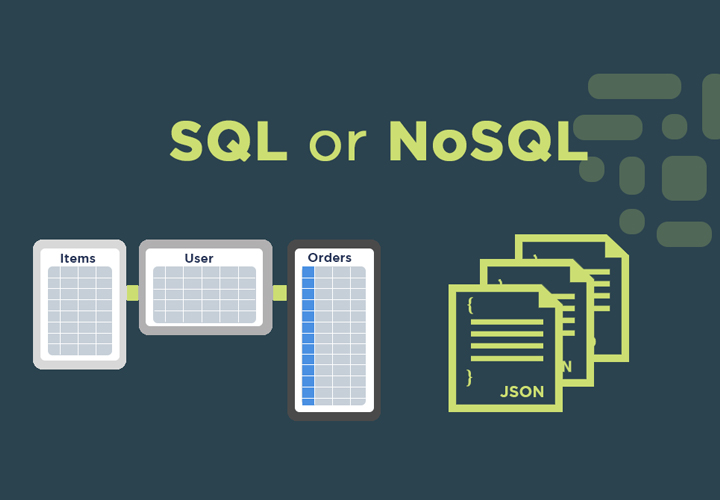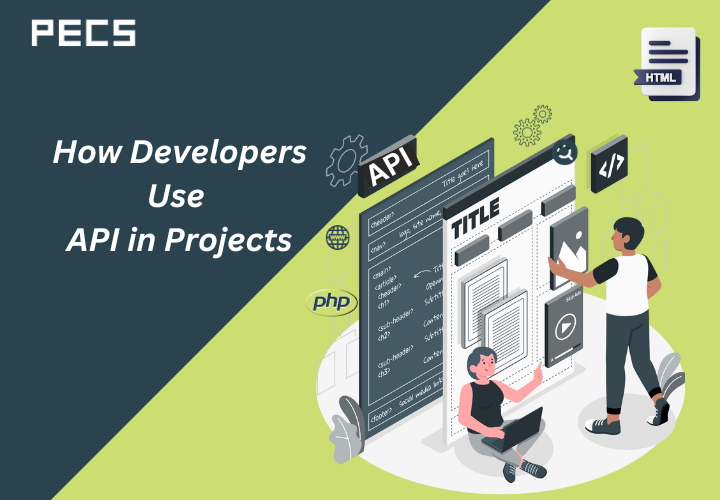Artificial Intelligence (AI) has emerged as a transformative technology across various industries, and software development is no exception. AI is reshaping the way software is created, tested, and maintained, revolutionizing the entire software development lifecycle. With its ability to analyze vast amounts of data, learn from patterns, and make intelligent decisions, AI enables developers to build more efficient, reliable, and innovative software solutions. Here in this blog, we will explore the top ways in which AI is improving software development.
AI enhances Software Development in the following ways:
• Code Generation and Automation:
One of the most significant advancements brought about by AI in software development is automated code generation. AI-powered tools can analyze existing codebases, understand patterns, and generate code snippets or entire functions. This accelerates development speed and reduces the chances of human error. Additionally, AI can automate repetitive tasks such as refactoring, debugging, and documentation, freeing up developers’ time for more creative and complex problem-solving.
• Intelligent Bug Detection and Resolution:
Bugs are an inevitable part of software development, but AI is making significant strides in bug detection and resolution. Machine learning algorithms can analyze code repositories, identify common coding mistakes, and provide suggestions to fix them. AI-powered debugging tools can pinpoint the root causes of errors by analyzing log files, crash reports, and user feedback. By automating the debugging process, AI minimizes the time spent on troubleshooting, leading to faster resolution and improved software quality.
• Enhanced Testing and Quality Assurance:
AI is transforming software testing and quality assurance processes by introducing intelligent automation. Traditional testing methods involve writing test cases and executing them manually, which can be time-consuming and error-prone. AI-based testing tools can automatically generate test cases, simulate user interactions, and detect anomalies or unexpected behavior. Machine learning algorithms can also learn from past test results and prioritize test cases that are more likely to uncover critical issues. This not only improves the efficiency of testing but also enhances overall software quality.
• Natural Language Processing for Requirement Analysis:
Gathering and analyzing requirements is a crucial phase in the development lifecycle. AI, specifically Natural Language Processes (NLP), plays a vital role in automating and improving this process. NLP algorithms can extract relevant information from textual requirements documents, user feedback and online resources. By understanding and categorizing the requirements more accurately, AI helps developers build software that aligns with users’ expectations. NLP-powered chatbots and virtual assistants are also employed to interact with stakeholders, answer queries, and provide real-time project updates.
• Predictive Analytics for Project Management:
AI enables project managers to make data-driven decisions and optimize resource allocation. Predictive analytics models can analyze historical project data, such as development time, bug density, and team performance, to predict potential risks, estimate project completion dates, and allocate resources effectively. By identifying bottlenecks and predicting project outcomes, AI helps in mitigating risks, improving project planning, and delivering software projects on time and within budget.
• Continuous Integration and Deployment:
Continuous Integration (CI) and Continuous Deployment (CD) practices have become standard in software development. AI is enhancing these practices by automating various aspects of the CI/CD pipeline. AI-based tools can analyze code changes, perform static code analysis, and automatically run test suites, ensuring that every commit adheres to the quality standards. AI can also optimize the deployment process by automatically monitoring and rolling back faulty deployments, reducing downtime and minimizing the impact of errors.
• Intelligent User Interfaces and User Interface:
AI is revolutionizing the way users interact with software through intelligent user interfaces and user experience (UI/UX). Natural language processing machine learning algorithms enable voice-activated assistants and chatbots to provide personalized recommendations and assist users in ways using which artificial intelligence improves software development time. AI algorithms can also analyze user feedback and usage data to identify areas of improvement, allowing developers to enhance the software’s usability, accessibility, and overall user experience. By incorporating AI into UI/UX design, software developers can create intuitive and interactive interfaces that adapt to the users’ needs, resulting in higher user satisfaction and engagement.
• Automated Documentation Generation:
Documentation is an essential part of software development, but it can often be time-consuming and neglected. AI is streamlining the documentation process by automating the generation of code documentation. AI tools can analyze codebases, extract relevant information, and generate comprehensive documentation that includes method descriptions, parameter details, and usage examples. This not only saves developers’ time but also ensures that the documentation remains up to date with the codebase, improving maintainability and facilitating knowledge sharing within development teams.
• Intelligent Data Analytics and Insights:
In today’s data-driven world, software development generates vast amounts of data, ranging from code repositories to user feedback. AI-powered data analytics tools can analyze this data, identify patterns, and provide valuable insights to developers. By leveraging machine learning algorithms, software teams can uncover hidden correlations, detect anomalies, and make informed decisions. This data-driven approach enhances software development processes, improves product performance, and enables developers to address user needs more effectively.
• AI-Assisted Software Maintenance:
A crucial phase of the software development lifecycle is software maintenance. AI is empowering developers with automated maintenance tools that can monitor software performance, detect anomalies, and proactively address issues. Machine learning algorithms can analyze logs, monitor system metrics, and predict potential failures, allowing for preventive maintenance and minimizing downtime. AI can also assist in software updates by automatically identifying code dependencies and recommending compatible versions, ensuring smoother and more efficient maintenance processes.
In conclusion, Artificial Intelligence is revolutionizing software development by introducing automation, intelligent decision-making, and data-driven insights. From automated code generation to intelligent bug detection, AI is streamlining various aspects of the development lifecycle. It enhances testing and quality assurance, improves requirements analysis, and transforms project management practices. Additionally, AI is reshaping user interfaces and experiences, automating documentation generation, and empowering developers with data analytics and maintenance assistance. As AI continues to advance, we can expect further improvements in software development processes, leading to more efficient, reliable, and innovative software solutions. Embracing AI in software development is no longer a luxury but a necessity to stay competitive in the rapidly evolving technological landscape. PECS, a software development company offers a range of AI solutions and can assist you in integrating AI into your current products, developing a new product from scratch, or integrating AI into your business procedures.
Related Posts

How ChatGPT is taking over the digital world
ChatGPT is OpenAI’s wide-ranging language model which interacts in a human conversational way. It was trained on a colossal amount…

SQL or NoSQL?
To choose between SQL vs. NoSQL, you’ll need to think about what your data looks like, how you’ll query it,…

A Developer’s Guide to Understanding and Utilizing APIs in Projects
New terminologies and concepts emerge in the ever-changing world of technology, frequently perplexing non-experts. API (Application Programming Interface) is one…
